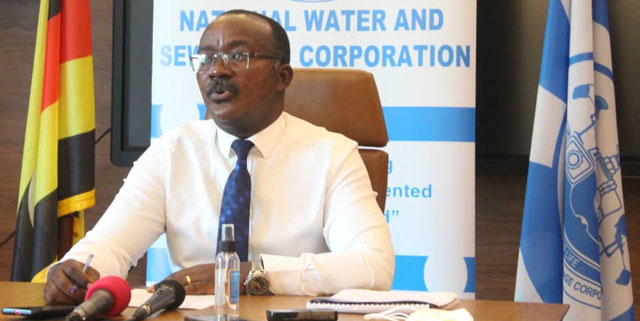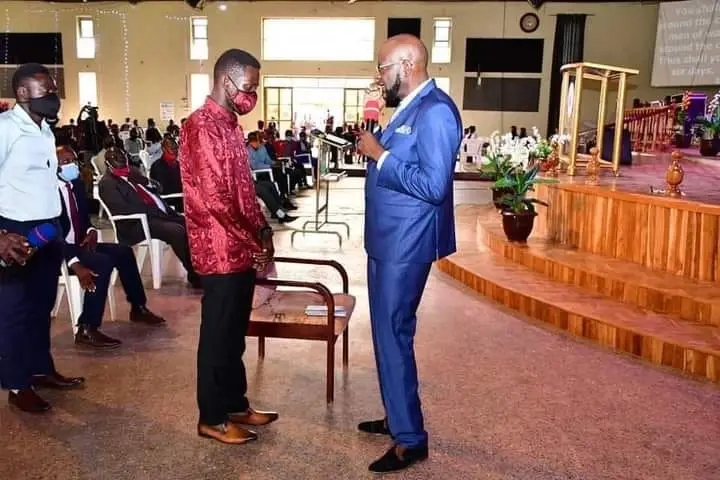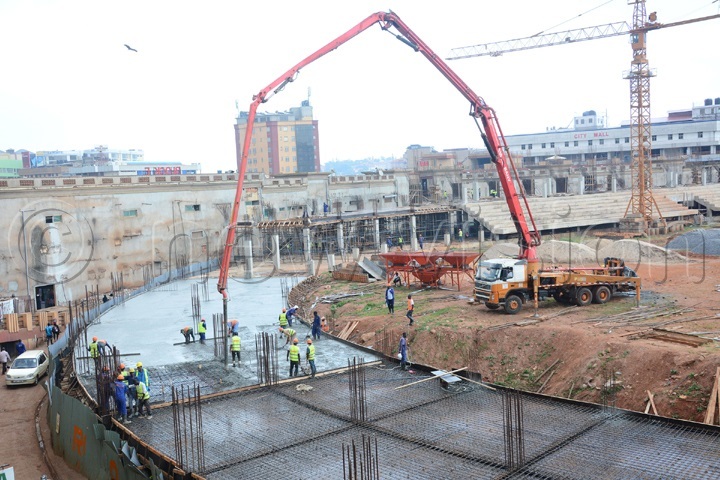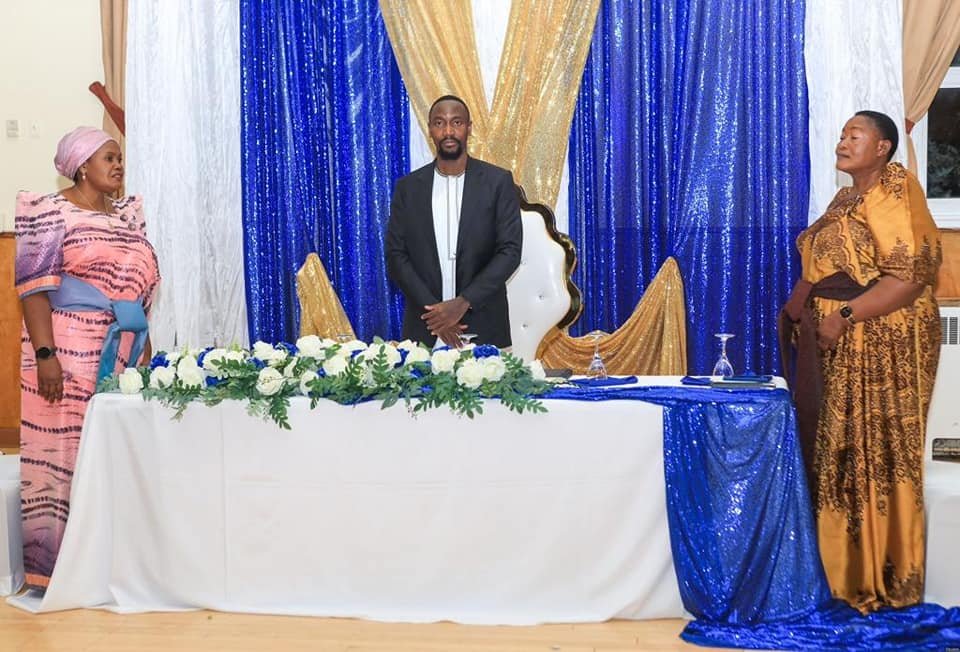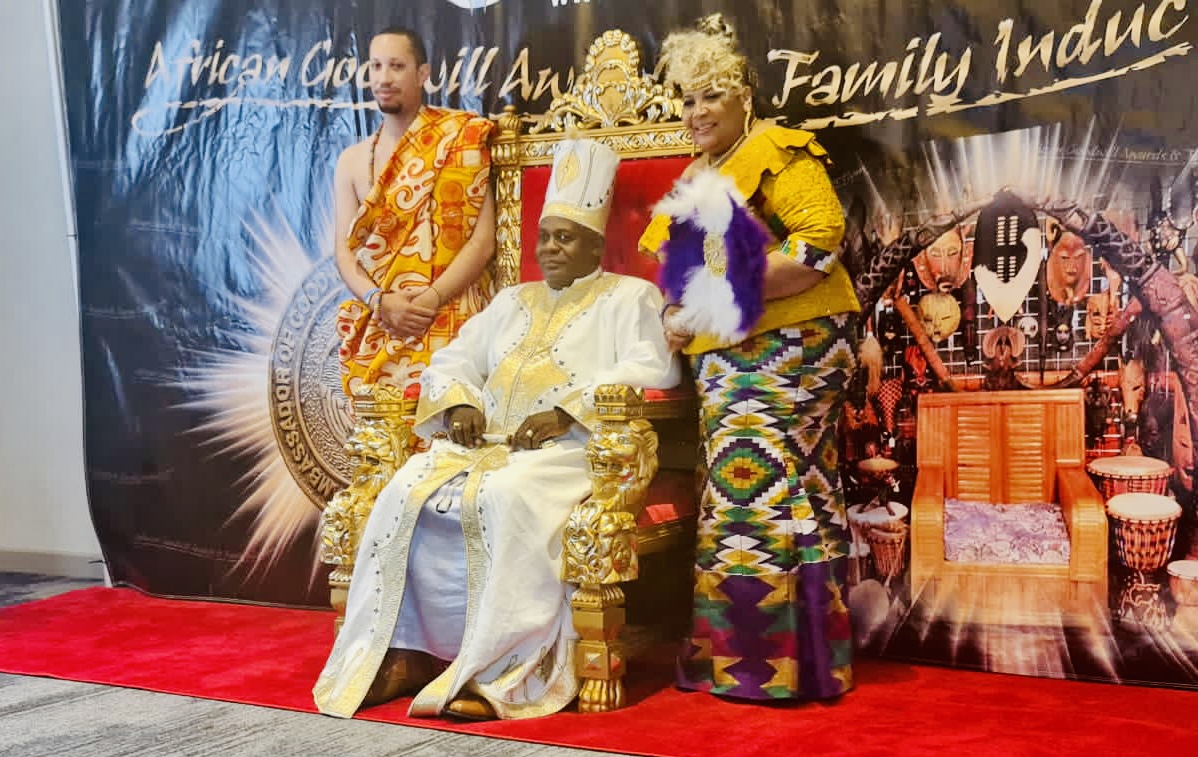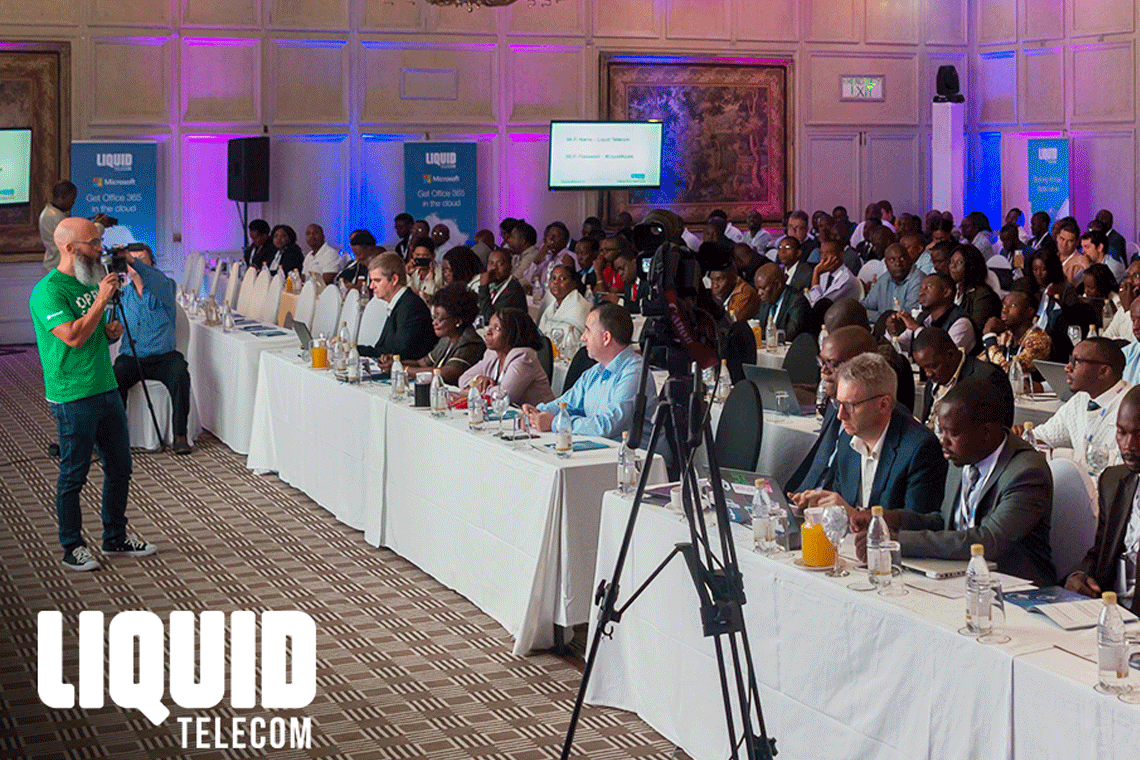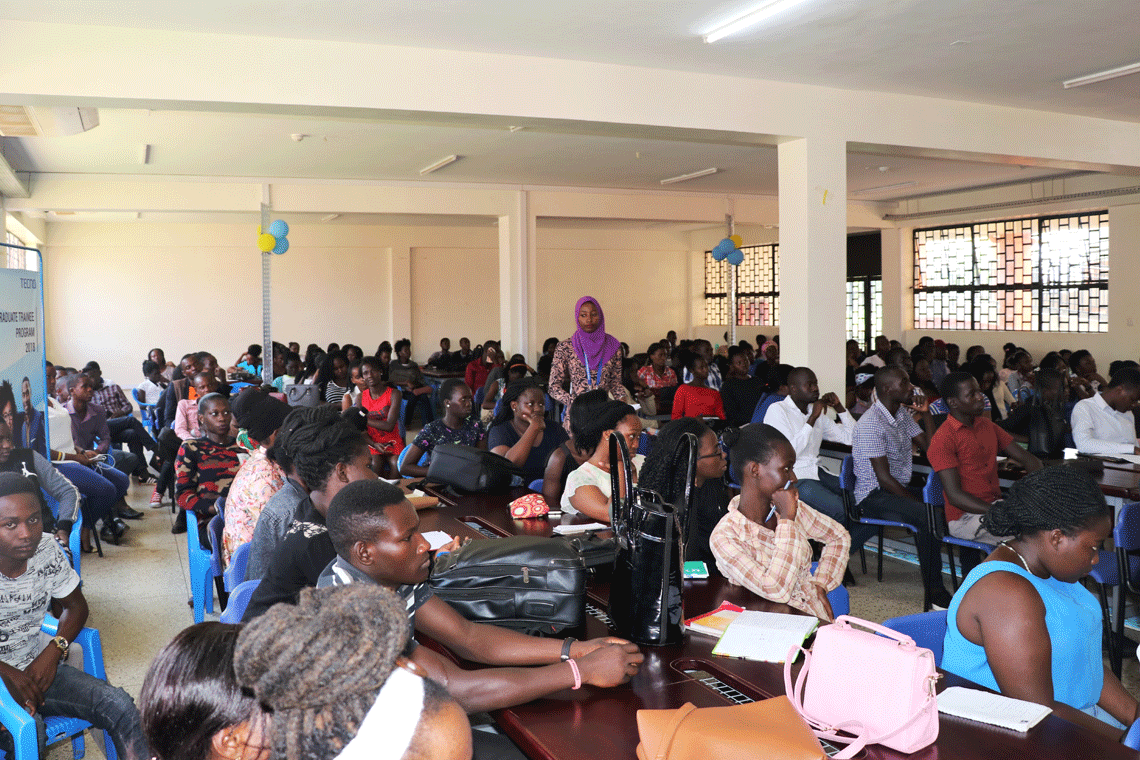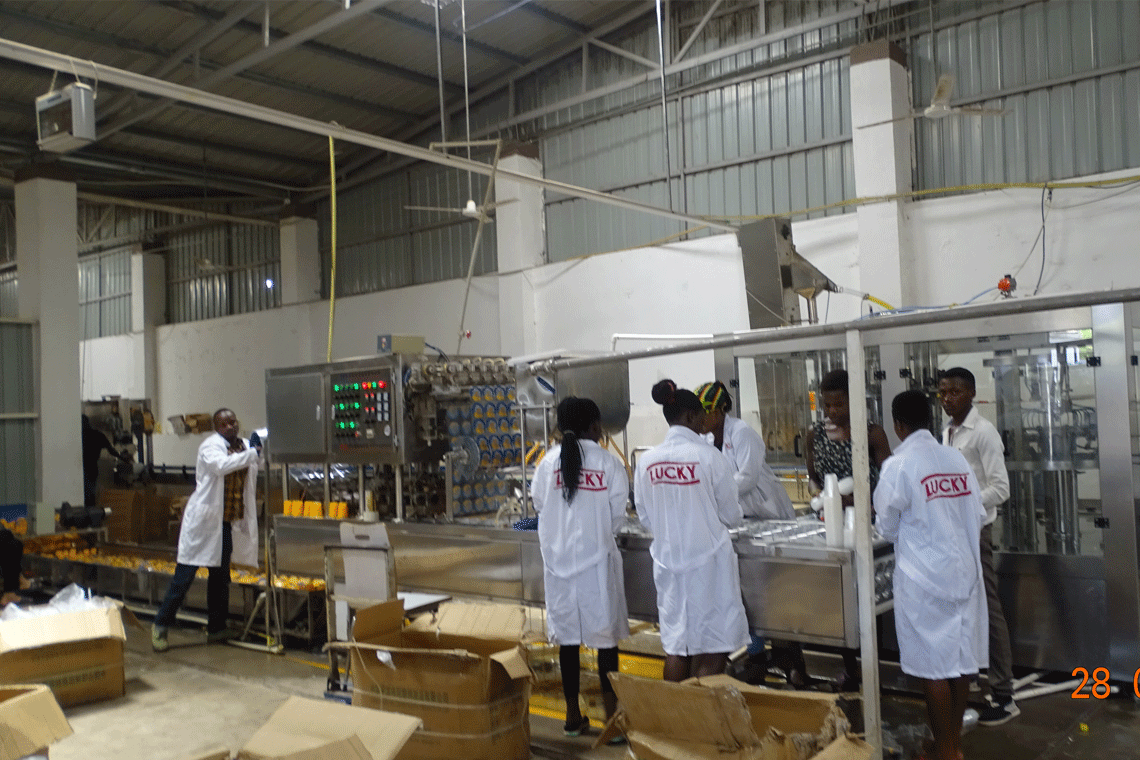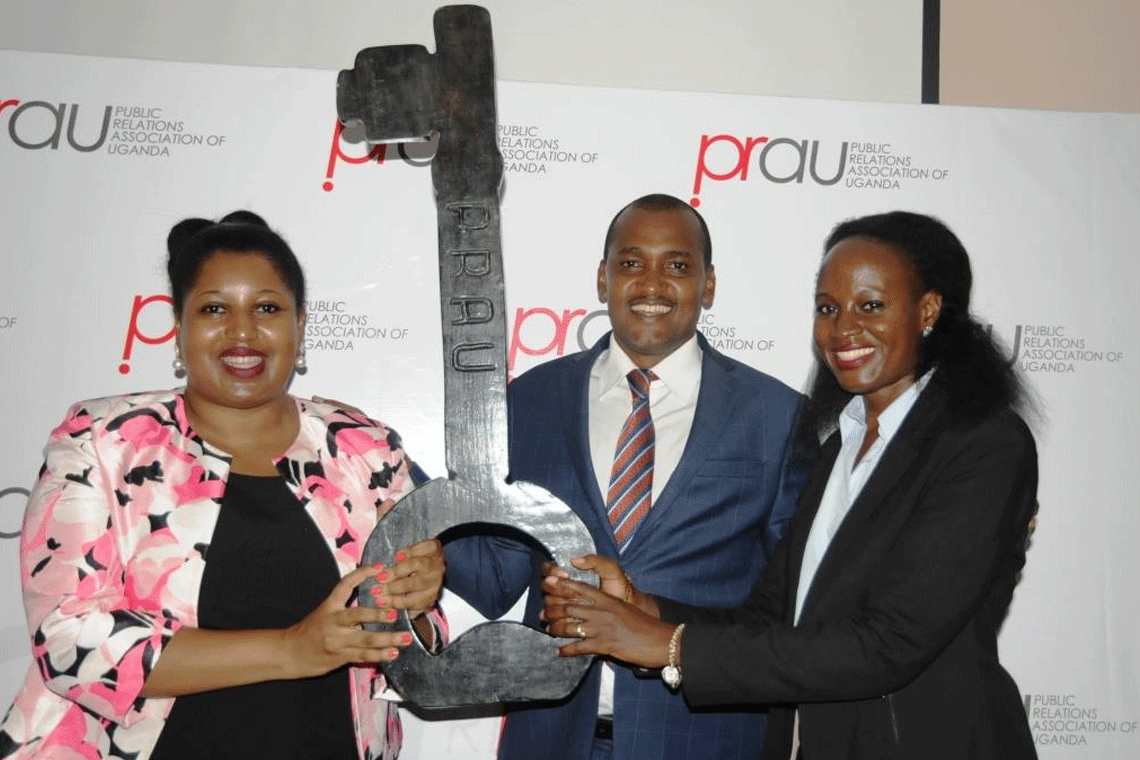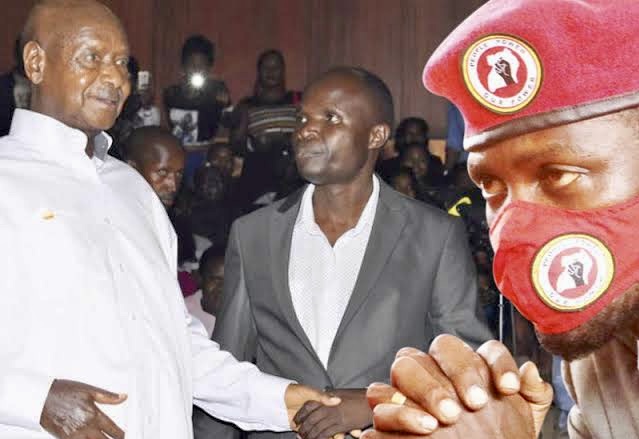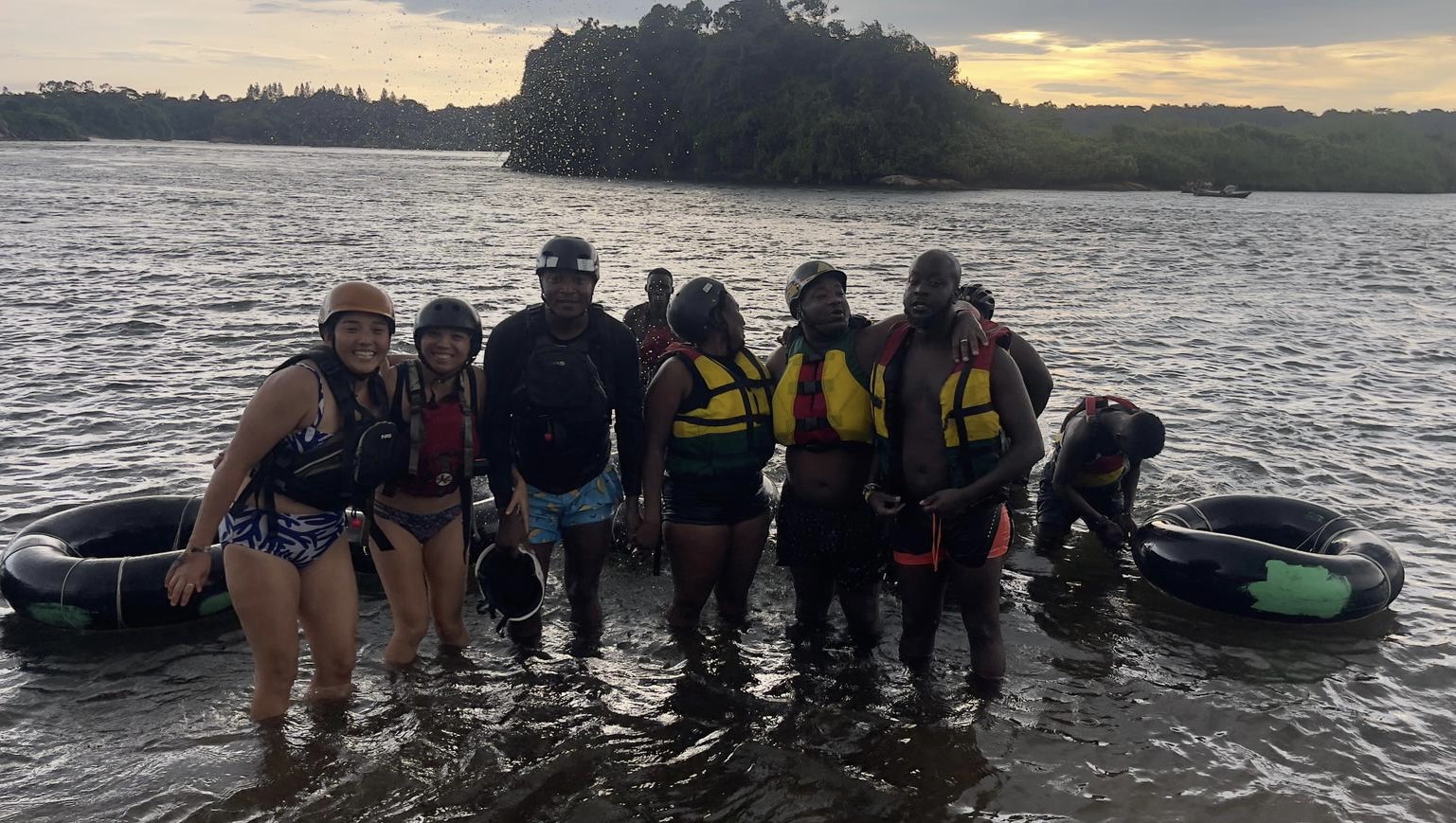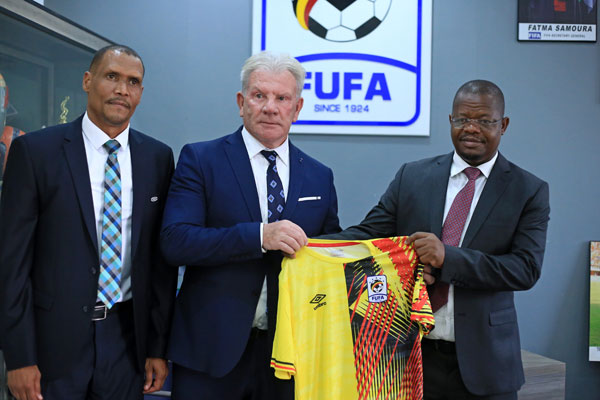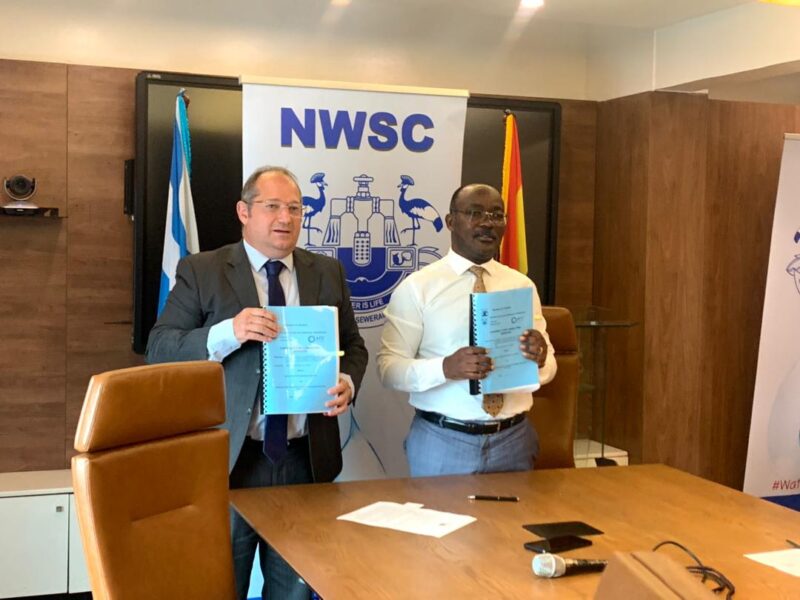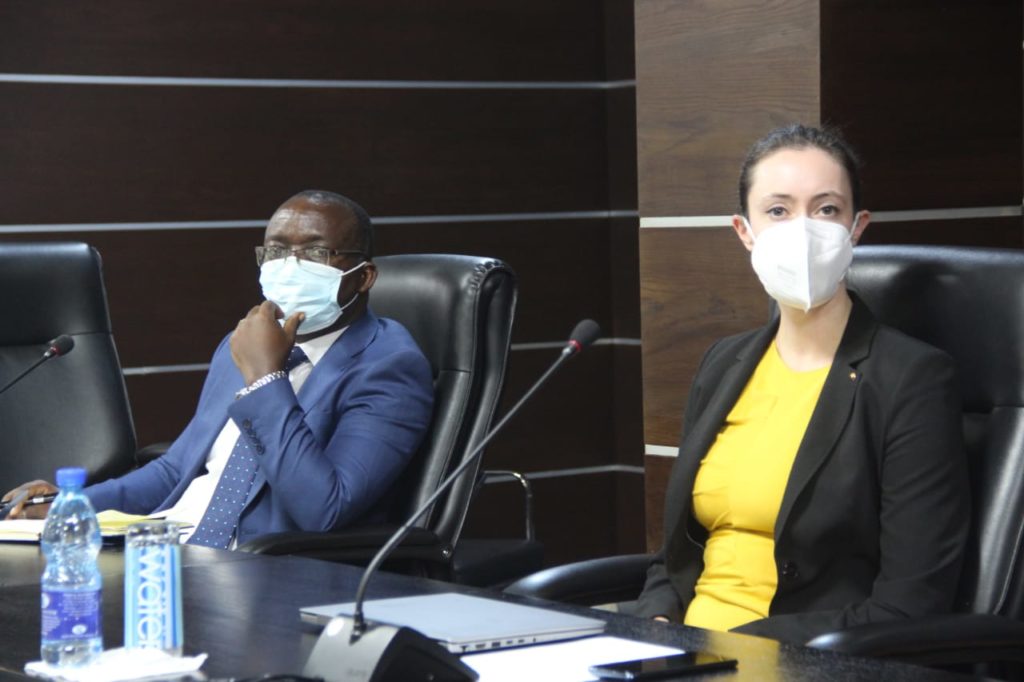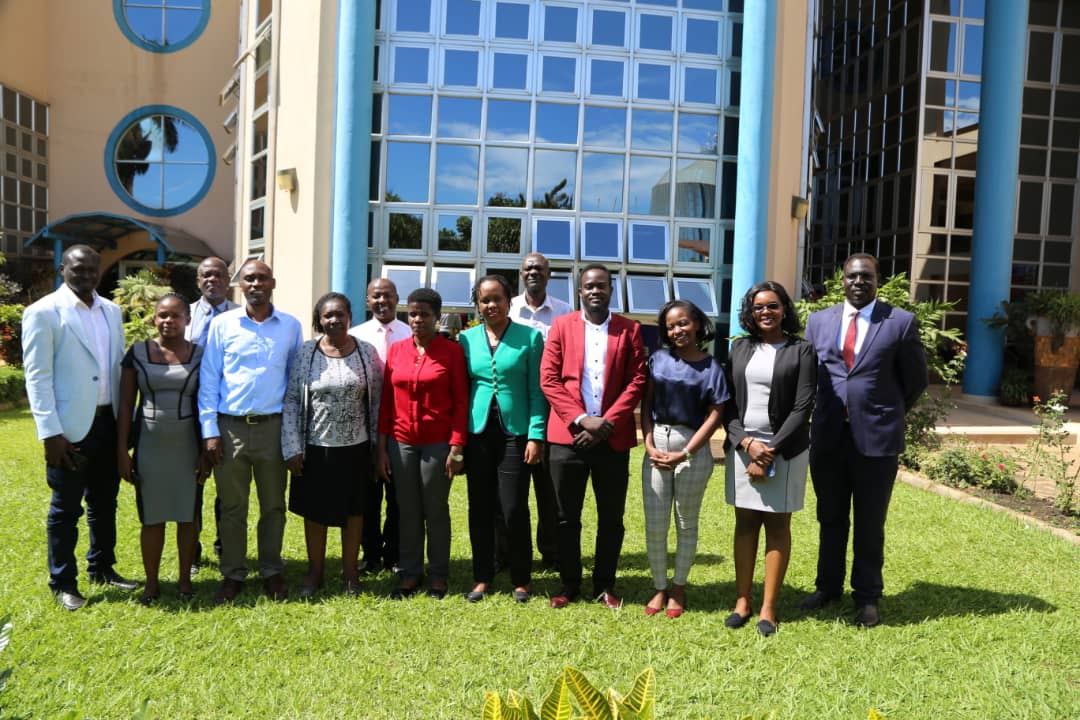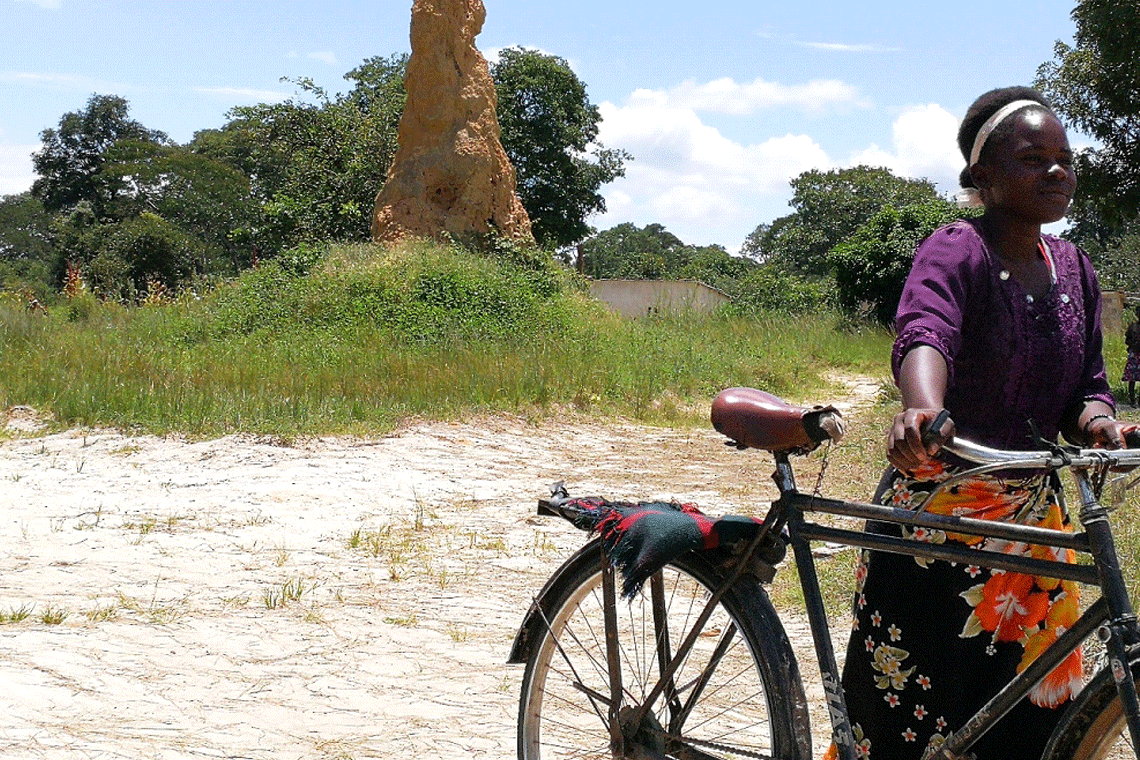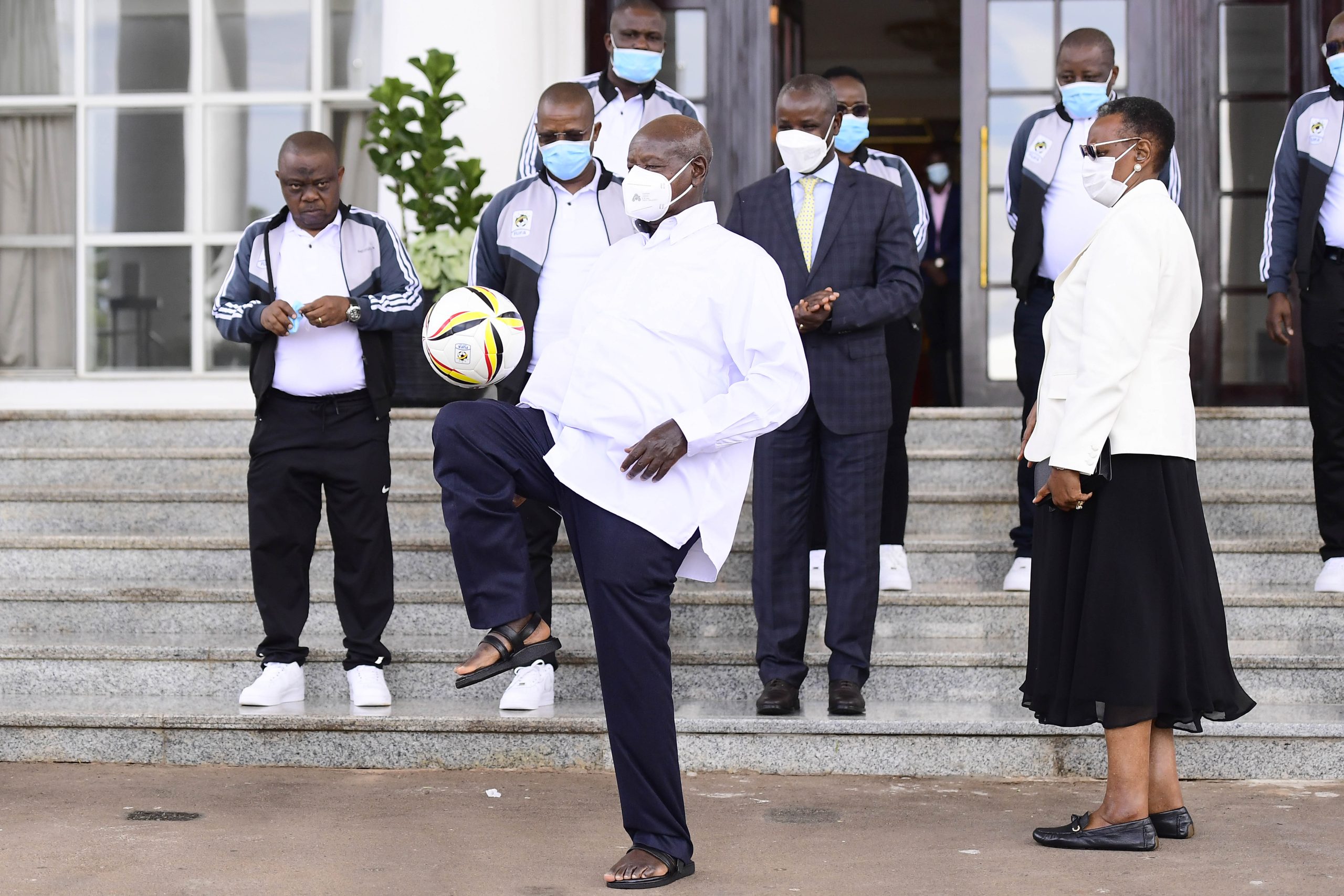In the heart of East Africa, a fierce competition is underway that transcends the boundaries of sport. The race to host the prestigious African Cup of Nations (Afcon) in 2027 has illuminated an intriguing tug-of-war between Uganda’s government and the resolute private sector, showcasing the complexities of hosting a continental football spectacle.
Behind the curtain of unity and anticipation lies a tale of contradiction and determination. While the Federation of Ugandan Football Associations (FUFA) spearheads the nation’s bid, a glaring question emerges: Why is the government relying so heavily on the private sector’s shoulders to bear the weight of hosting a monumental event that ostensibly demands its unequivocal support?
The true story, hidden beneath the surface, centers around the stark imbalance between the government’s role and its actual commitment. Amid the apparent harmony, concerns bubble beneath the surface, underscoring the gravity of the situation. The government, propelled by FUFA, appears eager to present an image of capability and readiness, but the reliance on the private sector raises eyebrows.
Examining the dynamics reveals a puzzling situation: the government’s leaning towards the private sector reaches almost 90%, while the stakes demand an unwavering 100% commitment. The Confederation of African Football (CAF) mandates that the public sector must wholeheartedly rally behind their football associations if they aspire to clinch the rights to host continental tournaments like Afcon 2027. The glaring question persists: Can a bid built predominantly on private sector prowess truly portray the nation’s readiness?
Uganda, Kenya, and Tanzania, united under the EA Pamoja bid 2027, ambitiously stand against established contenders like Algeria, Egypt, and Botswana. However, a closer examination exposes a troubling truth: Uganda’s government appears to lack genuine investment in sports infrastructure and facilities, raising concerns about their readiness to host such a grand event.
The government’s minimalistic approach and seemingly disinterested stance towards sports are starkly contrasted by the words of President Museveni. In 2022, he publicly dismissed sports as a frivolous endeavor, urging Ugandans to prioritize “serious work.” The contradiction between his words and the government’s sudden declaration of support for the bid is evident.
However, this newfound support lacks the financial backing required for such a colossal undertaking. The government’s budget allocation of a mere 48 billion shillings for the sports industry in the fiscal year 2023/24 pales in comparison to the monumental funding needed to prepare stadiums and infrastructure for the Afcon games.
The spotlight shifts to the private sector, which emerges as an unsung hero in the bid’s narrative. CAF Inspection officials from PricewaterCooper (PwC) embarked on a meticulous evaluation of Uganda’s sporting infrastructure, laying bare the nation’s strengths and weaknesses. Privately owned venues like Nakivubo Stadium, KISU-Bukoto Stadium, St. Mary’s Stadium-Kitende, and Denver Goodwin Stadium-Garuga took center stage.
Nakivubo Stadium, undergoing renovations by Ham Enterprises, aims to be a key venue for Afcon 2027. Yet, questions about its location’s safety linger as it rises amidst the heart of the city. Meanwhile, the Denver Goodwin Stadium, a sprawling multi-purpose complex, wrestles with construction delays attributed to financial strain, casting shadows over its completion timeline.
The story of St. Mary’s Stadium-Kitende, a private facility banned by CAF due to inadequate accessibility and road infrastructure, exemplifies the sector’s struggles. Even as private venues step up, the question arises: Can the private sector, with all its ambition, truly fill the void left by a government seemingly disengaged from the endeavor?
As the Afcon 2027 bid unfolds, Uganda stands at a crossroads. The delicate dance between government and private sector, showcased through the lens of the EA Pamoja bid, raises concerns about the nation’s readiness to take on this monumental task. With CAF’s apprehensions about artificial turf and safety, the story of Uganda’s bid becomes a microcosm of the larger tensions between public and private interests.
Ultimately, the nation’s ability to pull off a successful Afcon 2027 hinges on a harmonious partnership between the government and the private sector. As the journey towards the prestigious tournament unfolds, the tale of Uganda’s bid serves as a poignant reminder of the intricate interplay between ambition, commitment, and the pursuit of a common goal.
Author Profile
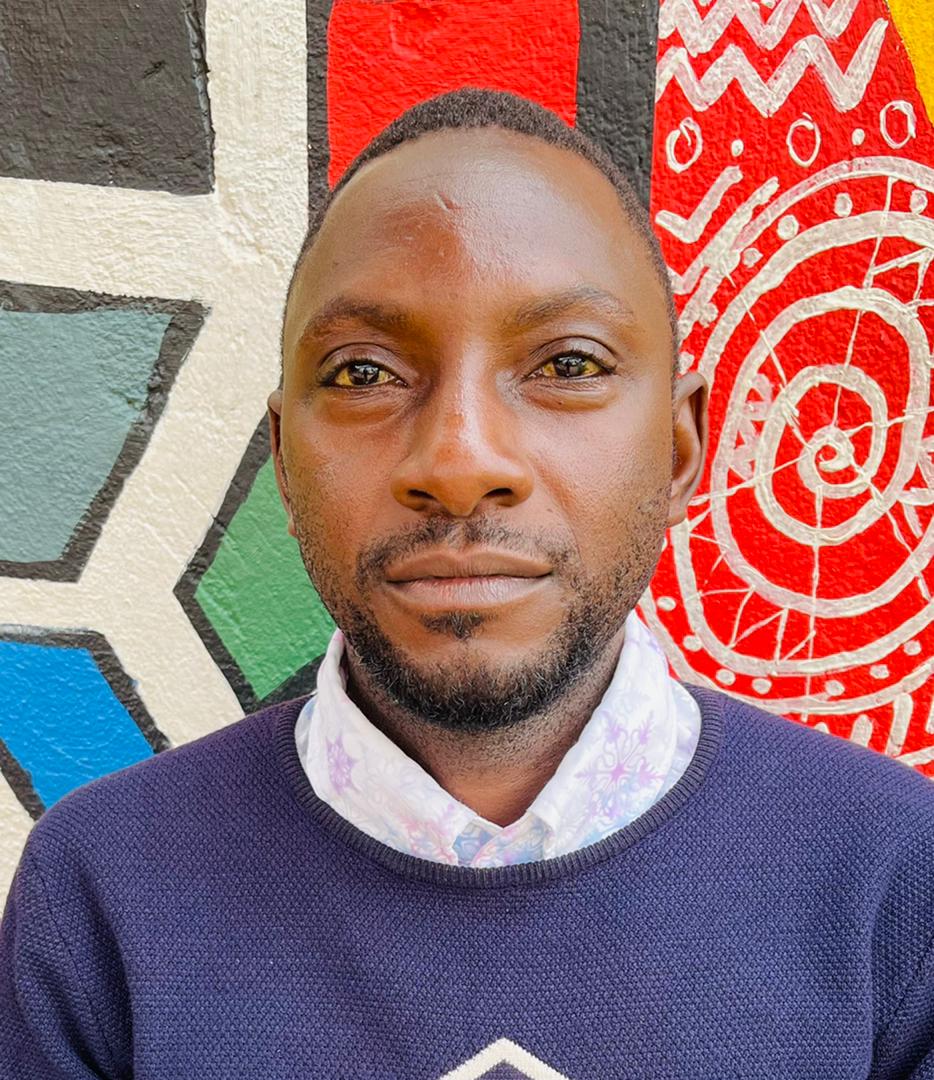
- Mr. Daniels N. Tatya is an affluent Sports Writer, Commentator and Editor. His over 15 years of covering almost major sporting events makes him a revered and an authority on investigative Sports journalism in Uganda. He can also be reached via [email protected] +256(0)758268315
Latest entries
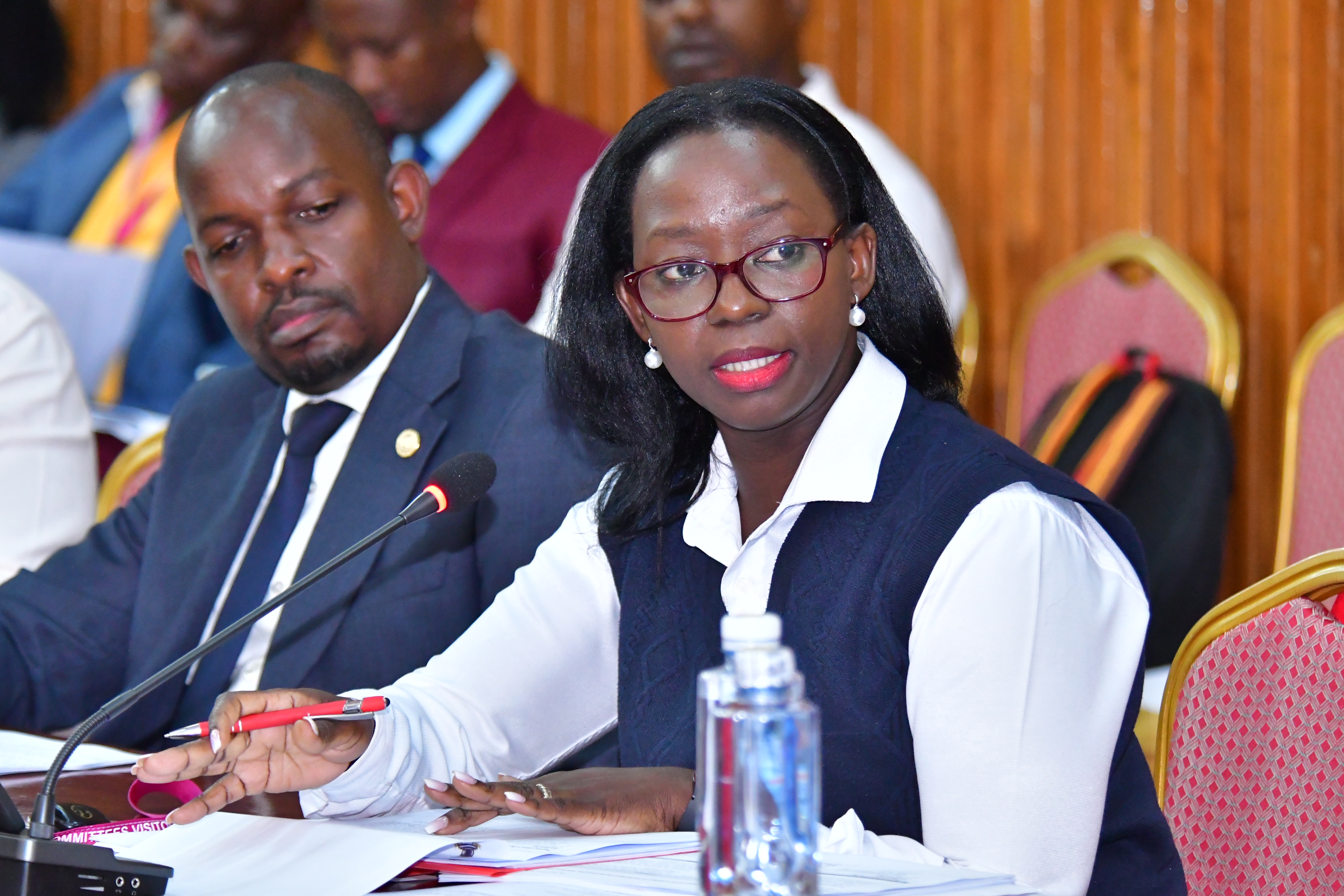 BusinessApril 30, 2024From The Best Mode to The Beast Mode: Reckoning the Future and Striking a Balance for New Tax Proposals on Alcoholic Beverages
BusinessApril 30, 2024From The Best Mode to The Beast Mode: Reckoning the Future and Striking a Balance for New Tax Proposals on Alcoholic Beverages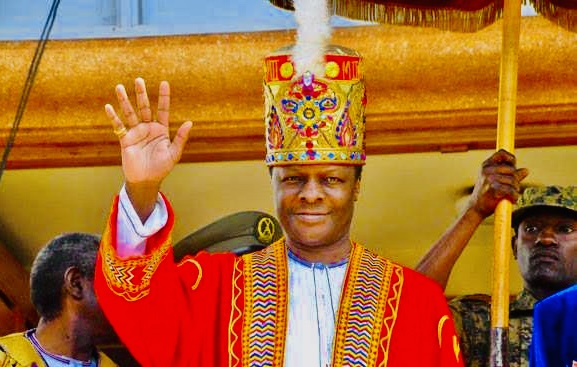 FeaturedMarch 29, 2024Peace Guys – Peace…! Kabaka Ronald Muwenda Mutebi Rises to Calm Down His Warring Subjects Mpuuga and Ssentamu But A Little Too Late He Was
FeaturedMarch 29, 2024Peace Guys – Peace…! Kabaka Ronald Muwenda Mutebi Rises to Calm Down His Warring Subjects Mpuuga and Ssentamu But A Little Too Late He Was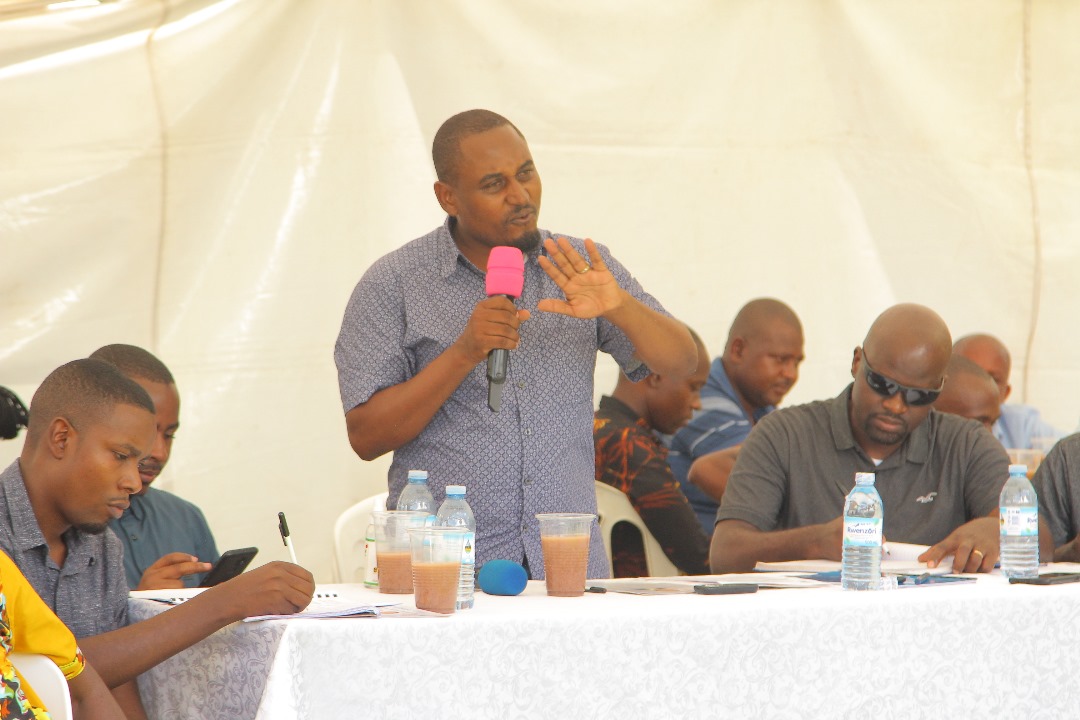 BusinessMarch 15, 2024RUKUSA Family Tales: A Heart-To-Heart SACCO Whose Focus and Mission is Helping Members to Harness and Fulfill Their Far-Reaching Dreams
BusinessMarch 15, 2024RUKUSA Family Tales: A Heart-To-Heart SACCO Whose Focus and Mission is Helping Members to Harness and Fulfill Their Far-Reaching Dreams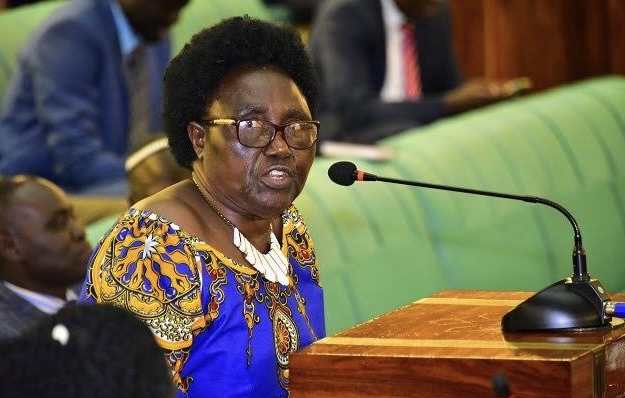 FeaturedJanuary 22, 2024Cecilia Barbara Atim Ogwal: The Beauty Queen, Banker, Wife, Mother, Businesswoman, Consultant, Legislator, Advocate and a Politician That Logged Out at 77 Amid G-77
FeaturedJanuary 22, 2024Cecilia Barbara Atim Ogwal: The Beauty Queen, Banker, Wife, Mother, Businesswoman, Consultant, Legislator, Advocate and a Politician That Logged Out at 77 Amid G-77



